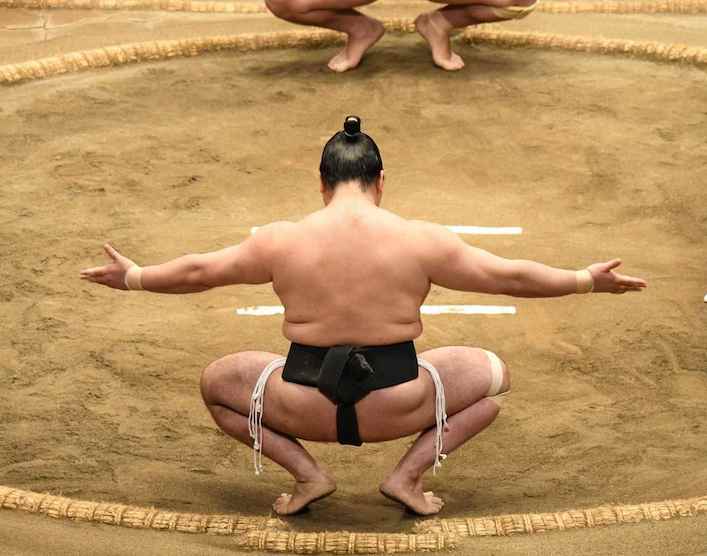Last Updated on March 10, 2023
The Salem Witch Trials of 1692 is a notorious chapter in American history. It was a time when fear and paranoia swept through Salem, colonial Massachusetts, leading to the wrongful accusation and execution of innocent people.
This tragic event had a lasting impact on American society. It served as a cautionary tale about the dangers of mass hysteria and the importance of due process.
Even today, the legacy of the Salem Witch Trials continues to be felt in American culture. It’s a reminder of the importance of upholding the principles of justice and fairness.
Read on as we divulge the info of the event of the Salem witch trials and their impact.
Brief Overview of the Salem Witch Trials
The Salem Witch Trials were a series of prosecutions of people accused of witchcraft in colonial Massachusetts in 1692. It began when a group of young girls in Salem Village claimed to be possessed by the devil and accused several women of witchcraft.
The trials resulted in the execution of 20 people, mostly women. They left a lasting impact on American history and culture. The Salem Witch Trials have since become a warning reminder of the dangers of group hysteria and the importance of fair trials and due process.
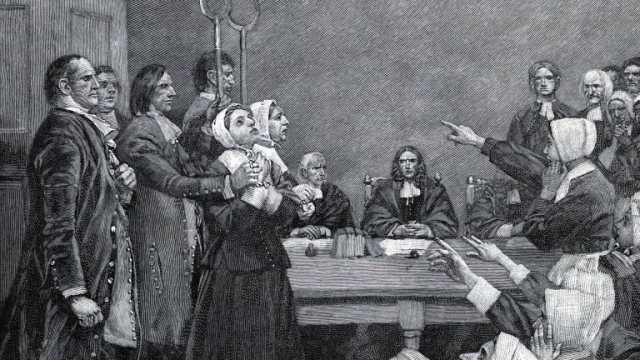
How the Salem Witch Trials Affected Colonial Massachusetts
The impact of the Salem Witch Trials on society was profound and life-changing. At the time, it brought a wave of fear and paranoia to colonial Massachusetts. This led to the wrongful execution of innocent people.
In the long term, the Salem Witch Trials significantly impacted American culture and law. It inspired changes in the legal system, including the presumption of innocence and the right to a fair trial. The trials also highlighted the importance of the separation of church and state. It was the Puritan religious beliefs of the time that influenced the events.
The Salem Witch Trials have also left a cultural legacy in literature, film, and popular culture. They have been the subject of countless books, plays, and movies. The event continues to intrigue and captivate people today.
Overall, the impact of the Salem Witch Trials on American society was immense and continues to be felt today.
Read: The American Revolution: From Colonies to Nationhood
Historical Context
To understand the Salem Witch Trials, it is important to examine the historical context in which they took place. At the time, colonial Massachusetts was a deeply religious and conservative society heavily influenced by Puritan beliefs. The Puritans believed in the literal interpretation of the Bible. As such, they had a strict moral code that regulated all aspects of life, including dressing, behavior, and speech.
The fear of witchcraft and belief in the supernatural was also prevalent in colonial Massachusetts. Puritans believed that the devil was actively trying to lead them astray and that witches were his agents. They saw witchcraft as a serious crime that threatened the very fabric of society. As a result, they felt a strong duty to root it out.
Additionally, this fear was compounded by the precedents of witch trials in Europe and America, which had already claimed countless lives. The witch hunts in Europe in the 16th and 17th centuries resulted in the execution of tens of thousands of people.
There had already been several witch trials, including the case of Margaret Jones, who was hanged in Boston in 1648. She was the first person to be executed for witchcraft in Massachusetts Bay Colony.
In Salem Village, a group of young girls claimed to be possessed by the devil and accused several women of witchcraft. The accusations quickly spread, and dozens of people were arrested and put on trial. Unfortunately, the trials were marked by rumors, hearsay, and unreliable evidence. It eventually resulted in the execution of at least 20 people.
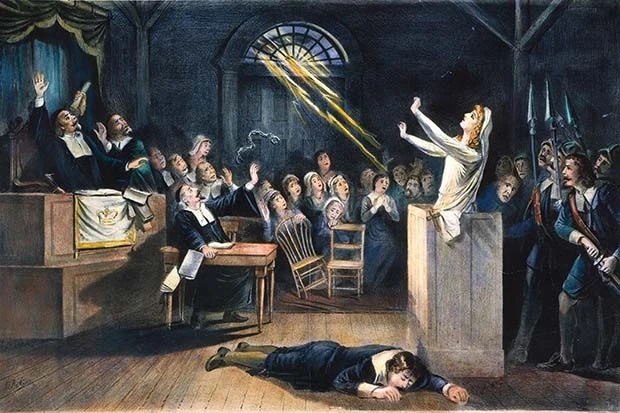
How the Salem Witch Trials Unfolded
The Salem Witch Trials were a series of hearings and prosecutions of people accused of witchcraft in colonial Massachusetts in 1692.
The accused were subjected to harsh conditions and often forced to confess to crimes they did not commit. Those who refused to confess were often tortured, such as being pressed under heavy stones, until they gave in. The accused were hanged, while historical accounts mention that one man was pressed to death.
Many others were imprisoned or exiled, and their reputations were ruined. The trials eventually came to an end when the governor of Massachusetts intervened and put an end to the proceedings. He pardoned those still in jail and ended the trials, citing the lack of reliable evidence and the unfairness of the proceedings.
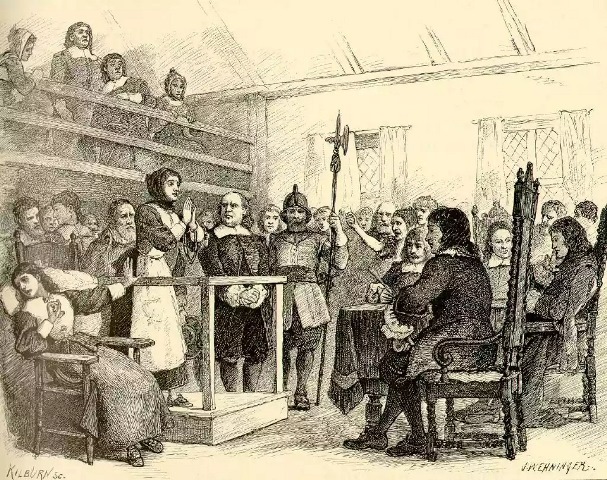
Read: How the Black Death Changed Europe Forever
Socio-Cultural Legacies of the Salem Witch Trials
While the trials only lasted a few months, the repercussions went across the board, affecting everything from the legal system to popular culture.
Perhaps the most significant impact of the Salem Witch Trials was on the legal system. The trials served as a reminder of the importance of a fair justice system and the need to protect the rights of the accused.
They led to changes in the legal system, including the presumption of innocence and the right to a fair trial.
In addition, the trials were a catalyst for the separation of church and state, as the Puritan religious beliefs of the time influenced societal events.
The Salem Witch Trials also left a cultural legacy that continues today. They have been the subject of countless books, plays, and movies. And they continue to intrigue and captivate people around the world. The trials have inspired works of fiction, such as Arthur Miller’s “The Crucible,” and have been featured in television shows and documentaries.
Besides their cultural impact, the Salem Witch Trials also highlighted the dangers of group hysteria and the importance of critical thinking. The trials remind us to question our beliefs and rely on evidence and reason rather than fear and superstition.
Although the Salem Witch Trials may be a dark chapter in American history, they are a testament to the resilience of the human spirit and the enduring power of justice and fairness.
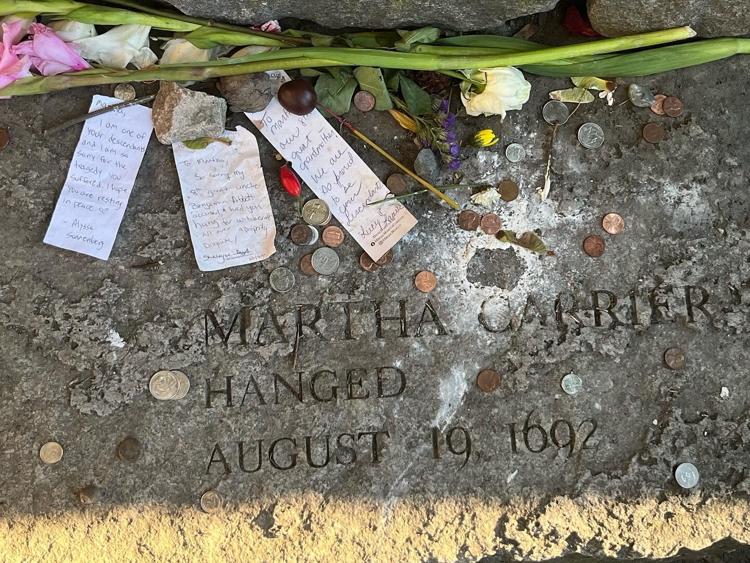
Reflection on the Continued Relevance of the Trials Today
The Salem Witch Trials may have occurred over three centuries ago, but their relevance continues to be felt today. The historical events highlight how dangerous “jungle justice” is and the importance of evidence and reason over fear and superstition.
These events also remind us of the importance of a fair justice system and the need to protect the rights of the accused, regardless of the nature of the accusations.
Moreover, the trials serve as a powerful reminder of religion and belief systems’ role in shaping society. The Puritan beliefs of the time played a significant role in the trials. It’s important to understand how dangerous it is to allow religious beliefs to cloud our judgment and lead us to commit acts of injustice.
The continued cultural fascination with the Salem Witch Trials is a testament to their enduring relevance. As we continue to grapple with issues such as groupthink, religious extremism, and the justice system’s role in society, the trials’ lessons remain relevant and important.
Ultimately, the Salem Witch Trials serve as a reminder of the importance of critical thinking, evidence-based decision-making, and the need to remain vigilant against hearsay.
Before you go…
Hey, thank you for reading this blog to the end. I hope it was helpful. Let me tell you a little bit about Nicholas Idoko Technologies. We help businesses and companies build an online presence by developing web, mobile, desktop, and blockchain applications.
We also help aspiring software developers and programmers learn the skills they need to have a successful career. Take your first step to becoming a programming boss by joining our Learn To Code academy today!
Be sure to contact us if you need more information or have any questions! We are readily available








